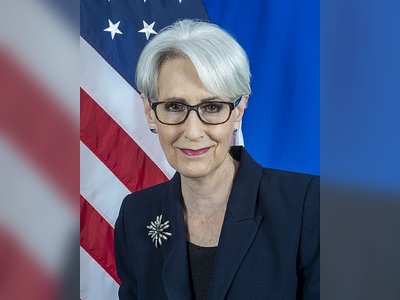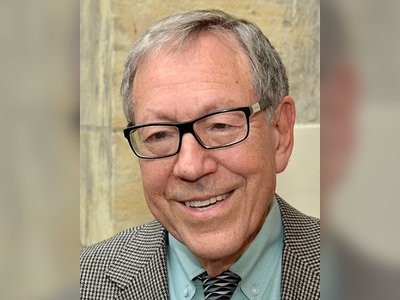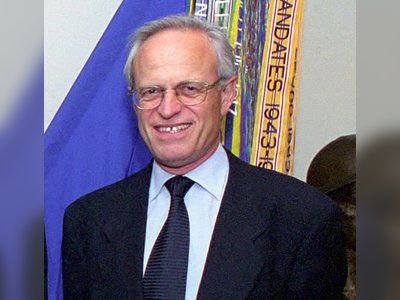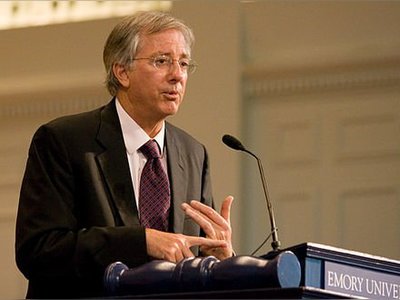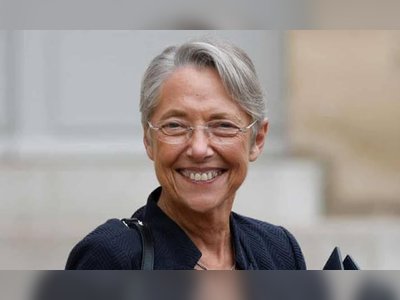Janet Louise Yellen: The Trailblazing Economist and Treasury Secretary
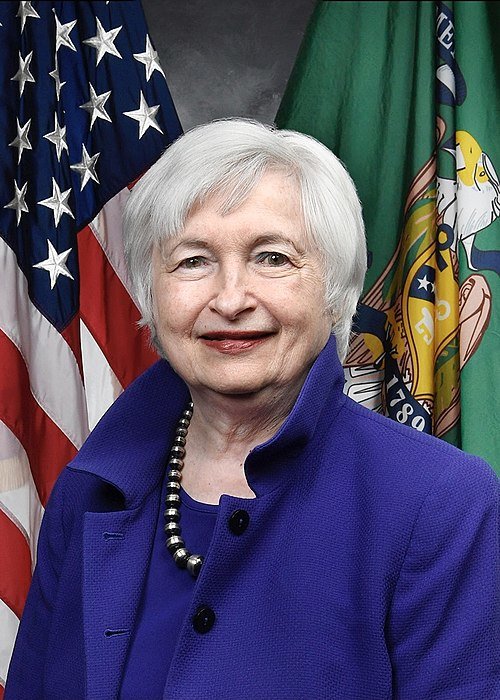
In the world of economics and finance, few names carry as much weight as Janet Louise Yellen. Born on August 13, 1946, in Brooklyn, New York, Yellen has not only shattered glass ceilings but has also been at the forefront of American economic policy for decades.
Early Life and Education
Janet Yellen was born to Anna and Julius Yellen, a physician. She completed her high school education at Fort Hamilton High School in the Bay Ridge neighborhood of Brooklyn. Yellen graduated with honors with a Bachelor's degree in economics from Brown University in 1967 and earned her Ph.D. in economics from Yale University in 1971.
Academic and Early Career
From 1971 to 1976, Yellen served as an Assistant Professor at Harvard University and as an economist on the Federal Reserve Board of Governors from 1977 to 1978.
In 1980, she began conducting research at the Haas School of Business at the University of California, Berkeley, teaching macroeconomics to MBA students. She is currently a Professor Emerita at the Haas School of Business and a Professor of Business and Economics at the University of California, Berkeley. Yellen was twice awarded the Haas School of Business's Distinguished Teaching Award.
Yellen served as the Chair of the Council of Economic Advisers under President Bill Clinton and as the President and CEO of the Federal Reserve Bank of San Francisco from June 14, 2004, to 2010.
She was also a voting member of the Federal Open Market Committee (FOMC) in 2009. Known on Wall Street as "Yellen the Dove," she has been more concerned about unemployment than inflation and has been less inclined to support raising the federal funds rate compared to some of her colleagues, such as William Poole, the former President of the Federal Reserve Bank of St. Louis.
In July 2009, Yellen was mentioned as a potential successor to Ben Bernanke as Chairman of the Federal Reserve before his term was extended by President Barack Obama.
Her research interests have encompassed labor markets, unemployment, monetary and fiscal policy, and international trade and investment.
Vice Chair of the Federal Reserve
On April 28, 2010, President Barack Obama nominated Yellen to be Vice Chair of the Federal Reserve, replacing Donald Kohn. In July, the Senate Banking Committee voted 17-6 to confirm her nomination, although the senior Republican on the committee, Senator Richard Shelby of Alabama, voted against it, saying he believed Yellen was too dovish.
Concurrently, shortly after Federal Reserve Chairman Ben Bernanke testified before the Senate Banking Committee, James Bullard of the St. Louis Federal Reserve warned that the United States was at risk of becoming "enmeshed in a Japanese-style deflationary outcome within the next several years." Bullard's statement was seen as signaling a possible shift in the balance of power on the Federal Open Market Committee between hawks and doves.
The anticipation of her nomination, along with the nominations of Peter Diamond and Sarah Bloom Raskin to fill vacancies on the Federal Reserve, was seen as possibly presaging a shift in the FOMC in a dovish direction. All three nominations were seen as "on hold" in the Senate.
On October 4, 2010, Yellen was sworn in for her four-year term as Vice Chair of the Federal Reserve, ending on October 4, 2014. During her tenure, she also began serving as a voting member of the Federal Open Market Committee.
President of the Federal Reserve Bank of San Francisco
On June 14, 2004, Yellen took office as the President and CEO of the Federal Reserve Bank of San Francisco. She also became a voting member of the Federal Open Market Committee in 2009. Her focus on the risk of deflation in the U.S. economy prompted her to support the central bank's continuing commitment to low-interest rates to help the economy recover from the Great Recession.
Chair of the Federal Reserve
On October 9, 2013, President Barack Obama announced Yellen's nomination to succeed Ben Bernanke as Chair of the Federal Reserve. On February 3, 2014, Yellen took office as Chair of the Federal Reserve, becoming the 15th Chair in American history and the first woman to hold the position.
In December 2015, Yellen announced the first interest rate hike since the global financial crisis in 2008. In February 2018, her term as Chair ended, and Jerome Powell succeeded her.
Secretary of the Treasury
In November 2020, it was announced that Janet Yellen would be the Secretary of the Treasury in President Joe Biden's cabinet. She was confirmed by the U.S. Senate on January 25, 2021, becoming the first woman to hold the position.
Personal Life
Janet Yellen is of Jewish heritage and is married to Nobel Prize-winning economist George Akerlof, a Professor Emeritus at the University of California, Berkeley.
Her trademark attire includes wearing a trench coat with an upturned collar, which led to the "pop your collar" tribute when she left her position as Chair of the Federal Reserve.
Honors and Awards
Throughout her career, Janet Yellen has received numerous honors and awards, including the Wilbur Cross Medal from Yale University in 1997, an honorary doctorate from Brown University in 1998, and an honorary Doctor of Humane Letters from Bard College in 2000. In October 2010, she was honored with the Adam Smith Award by the National Association for Business Economics.
In 2012, Yellen was selected as a "Distinguished Fellow" by the American Economic Association. In September 2012, she was included in Bloomberg Markets' list of the "50 Most Influential People." In June 2014, The Jerusalem Post named Yellen as one of the "50 most influential Jews in the world."
Janet Yellen's remarkable career in economics and finance has left an indelible mark on the world of monetary policy and economics, making her a trailblazer and a role model for future generations of economists and policymakers. As Secretary of the Treasury, she continues to play a pivotal role in shaping the economic policies of the United States.
- ג'נט ילןhe.wikipedia.org
